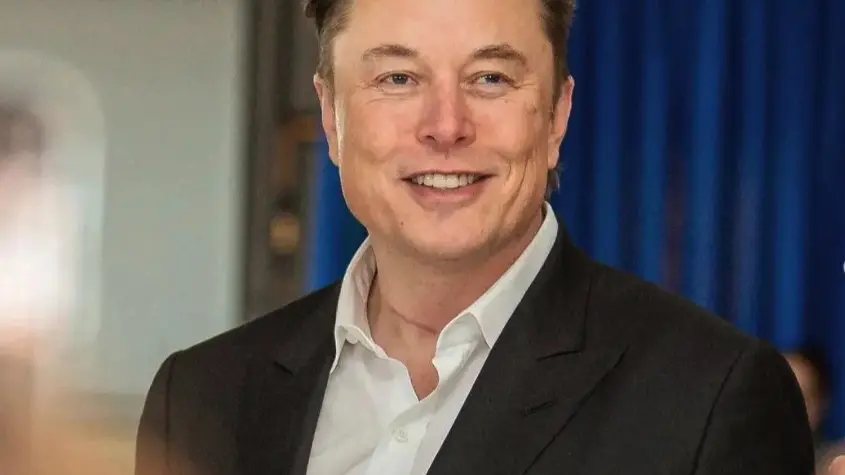Updated 1 May 2024 at 13:34 IST
Musk’s China jaunt keeps underwhelming status quo
Musk's visit to Chinese premier Li Qiang may pave the way for its assisted-driving technology in the country.

- Republic Business
- 3 min read

Good enough. Elon Musk has won some breathing room. The boss of electric automaker Tesla’s surprise weekend visit to Chinese premier Li Qiang may pave the way for its assisted-driving technology to roll out in the country. Tesla’s stock soared as a result, adding $82 billion to its market value on Monday. That’s out of proportion to even optimistic possible financial benefits. Still, any sign that Musk may not be marginalized in the market he helped build is welcome.
Tesla has been wanting for sunny headlines. Between the first and last quarters of 2023, the company’s market share in China slumped from 10.5% to 6.7%. That mirrors what’s happened elsewhere, but China is particularly crucial: It is Earth’s largest market, responsible for a fifth of Tesla’s sales. And the company’s Shanghai plant exports cars worldwide. Wedbush analysts think that production there accounts for a substantial portion of the $580 billion company’s earnings.
So China has been good to Musk – even setting aside tax breaks for its facilities. But the expertise that Tesla helped disseminate has boosted homegrown rivals. BYD is jockeying to become the world’s top electric-vehicle seller; prices are under $10,000. That pressure is spreading globally: Tesla’s revenue per car has fallen by 22% from its 2022 peak.
Meanwhile, regulatory restrictions banning its cars from sensitive areas in China raised the specter of losing government favor. Certain restrictive measures by Chinese authorities also mean the company hasn’t been able to roll out automated self-driving features that domestic competitors are now introducing. That could leave Tesla with relatively premium prices, but no premium product.
Advertisement
Sunday’s news eases those burdens. Regulators now say Tesla’s cars meet data-security requirements, while the company has an in-principle agreement to introduce self-driving, Bloomberg reported.
But even so, earnings aren’t likely to justify the stock reaction. Tesla sold around 1.5 million cars in China between 2020 and 2023. Make the very generous assumption that half of those take its $99-a-month autopilot subscription, and revenue increases by $900 million. At Tesla’s 59-times price-to-expected-earnings multiple as of Friday, according to LSEG, the stock rise implies nearly $1.4 billion of added profit, assuming there are no costs associated with that new revenue. It’s possible Tesla grows market share, but it has been going in the wrong direction.
Advertisement
Still, China is crucial to Tesla’s future. If Musk reaches an agreement to export data collected by its cars – a big if – it would boost efforts to train a fully driverless robotaxi. More prosaically, though, it simply helps Musk remain competitive in his slice of China’s market. After a very bad start to the year, that’s enough to maintain an underwhelming status quo.
Published By : Saqib Malik
Published On: 1 May 2024 at 13:34 IST
